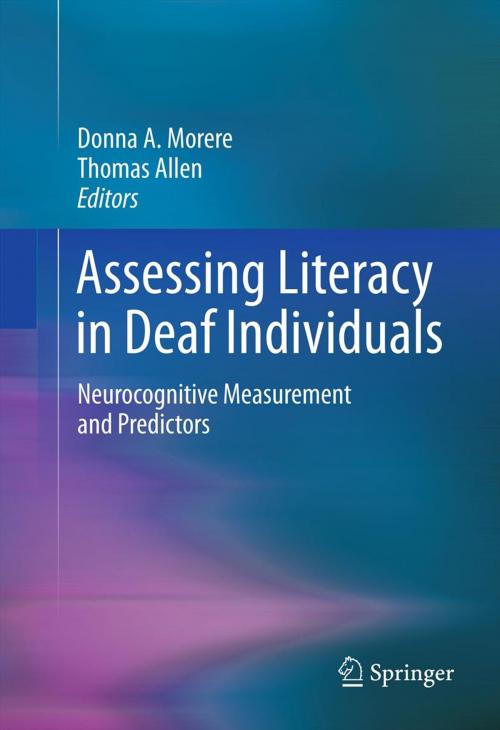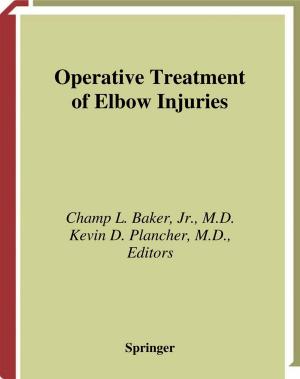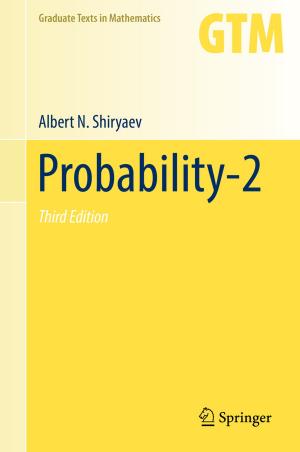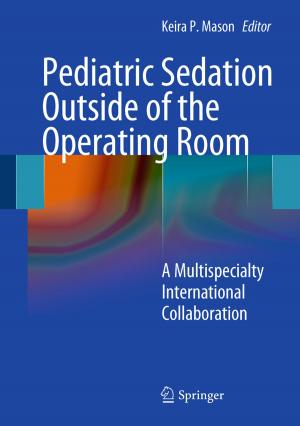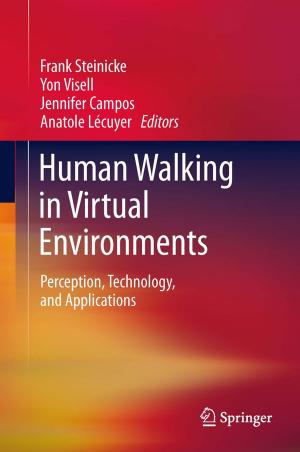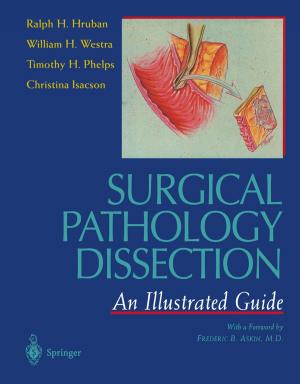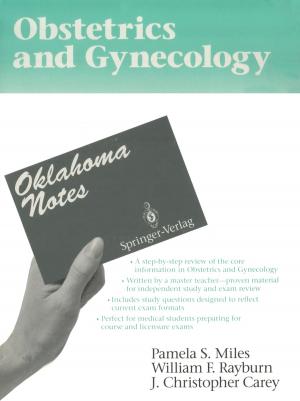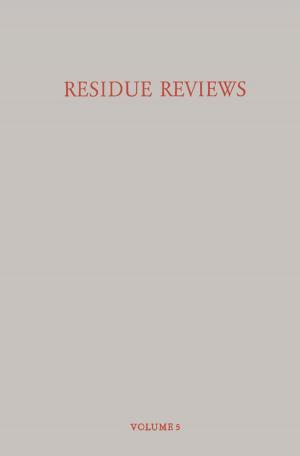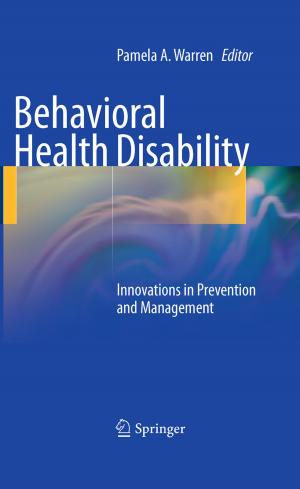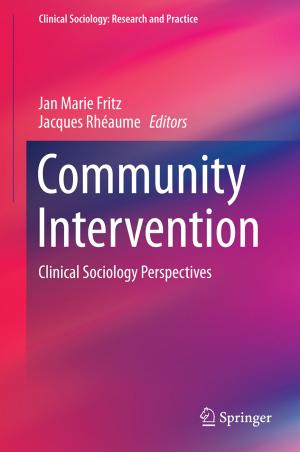Assessing Literacy in Deaf Individuals
Neurocognitive Measurement and Predictors
Nonfiction, Health & Well Being, Psychology, Child & Adolescent, Child Development, Reference & Language, Language Arts, Linguistics| Author: | ISBN: | 9781461452690 | |
| Publisher: | Springer New York | Publication: | December 9, 2012 |
| Imprint: | Springer | Language: | English |
| Author: | |
| ISBN: | 9781461452690 |
| Publisher: | Springer New York |
| Publication: | December 9, 2012 |
| Imprint: | Springer |
| Language: | English |
Humans’ development of literacy has been a recent focus of intense research from the reading, cognitive, and neuroscience fields. But for individuals who are deaf—who rely greatly on their visual skills for language and learning—the findings don’t necessarily apply, leaving theoretical and practical gaps in approaches to their education.
Assessing Literacy in Deaf Individuals: Neurocognitive Measurement and Predictors narrows these gaps by introducing the VL2 Toolkit, a comprehensive test battery for assessing the academic skills and cognitive functioning of deaf persons who use sign language. Skills measured include executive functioning, memory, reading, visuospatial ability, writing fluency, math, and expressive and receptive language. Comprehensive data are provided for each, with discussion of validity and reliability issues as well as ethical and legal questions involved in the study. And background chapters explain how the Toolkit was compiled, describing the procedures of the study, its rationale, and salient characteristics of its participants. This notable book:
Describes each Toolkit instrument and the psychometric properties it measures.
Presents detailed findings on test measures and relationships between skills.
Discusses issues and challenges relating to visual representations of English, including fingerspelling and lipreading.
Features a factor analysis of the Toolkit measures to identify underlying cognitive structures in deaf learners.
Reviews trends in American Sign Language assessment.
Assessing Literacy in Deaf Individuals is an essential reference for researchers, graduate students, clinicians, and other professionals working in the field of deafness and deaf education across in such areas as clinical child and school psychology, audiology, and linguistics.
Humans’ development of literacy has been a recent focus of intense research from the reading, cognitive, and neuroscience fields. But for individuals who are deaf—who rely greatly on their visual skills for language and learning—the findings don’t necessarily apply, leaving theoretical and practical gaps in approaches to their education.
Assessing Literacy in Deaf Individuals: Neurocognitive Measurement and Predictors narrows these gaps by introducing the VL2 Toolkit, a comprehensive test battery for assessing the academic skills and cognitive functioning of deaf persons who use sign language. Skills measured include executive functioning, memory, reading, visuospatial ability, writing fluency, math, and expressive and receptive language. Comprehensive data are provided for each, with discussion of validity and reliability issues as well as ethical and legal questions involved in the study. And background chapters explain how the Toolkit was compiled, describing the procedures of the study, its rationale, and salient characteristics of its participants. This notable book:
Describes each Toolkit instrument and the psychometric properties it measures.
Presents detailed findings on test measures and relationships between skills.
Discusses issues and challenges relating to visual representations of English, including fingerspelling and lipreading.
Features a factor analysis of the Toolkit measures to identify underlying cognitive structures in deaf learners.
Reviews trends in American Sign Language assessment.
Assessing Literacy in Deaf Individuals is an essential reference for researchers, graduate students, clinicians, and other professionals working in the field of deafness and deaf education across in such areas as clinical child and school psychology, audiology, and linguistics.
